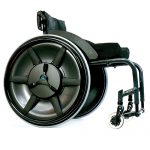Research
June 1, 2012
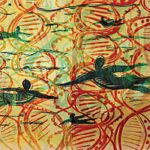
Autism link
UW researchers were one of three teams of university scientists who found a link between autism spectrum disorder and mutations that occur spontaneously near or during conception.
March 1, 2012
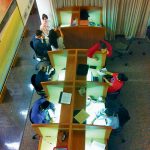
More pressure, less tech
A UW Information School study found that college students—only weeks away from final exams and studying in the library—intentionally pared down their use of information technology devices.
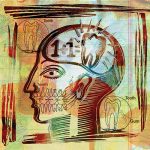
New wisdom on teeth
Dr. Greg Huang, Chairman of the UW Department of Orthodontics, says, that for those whose wisdom teeth are developing normally, a watchful waiting approach may be reasonable.
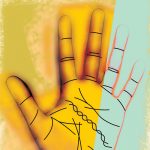
Genome funding
The National Human Genome Research Institute recently announced the establishment of two major programs at UW that will receive about $30 million in funding over four years.
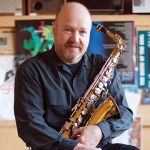
Taming the saxophone
The Broctave Key—the first U.S. patented invention from one of the UW Arts divisions—is now on its way to being manufactured.
December 1, 2011
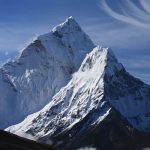
Tall order
Thanks to a grant from the National Science Foundation, Earth and Space Sciences Professors Bernard Hallet and Howard Conway are trying to determine whether glaciers speed up or slow erosion in the Himalaya.

More talk, less pot
A study shows that a brief, voluntary chat with an adult led to a 20 percent decrease in marijuana use for teens who are frequent users.
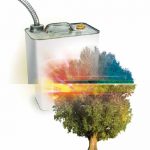
Biofuel: a poplar idea
The U.S. Department of Agriculture awarded the University of Washington a $40 million grant to turn woody biomass—mainly poplar trees—into biogasoline and renewable aviation fuel.
September 1, 2011
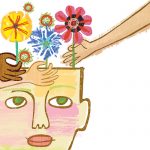
Boost for Head Start
Two UW College of Education researchers, both with previous classroom experience, are going to find out which teaching and learning practices are best for kids in Head Start.
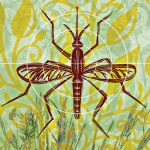
Gene warfare
In the future, global-health experts may be able to cast a genetic net over mosquitoes to prevent them from spreading malaria to people.
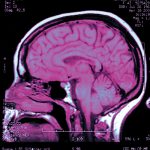
Field test for brains
Pierre Mourad, associate professor of Neurological Surgery, has received a grant of $2,602,379 from the U.S. Department of Defense to develop a rugged, field-deployable imaging device for traumatic brain injuries.
June 1, 2011
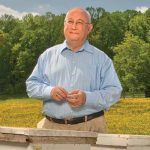
Bee detective
Charles Wick, ’71, ’73, ’79, may not wear the trademark deerstalker hat and smoke a long-stemmed pipe but when it comes to bees, he’s an ace detective.
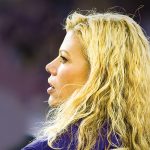
Risk factor
Sudden cardiac death affects about 1 in 43,000 NCAA athletes, according to a new UW study.
Hidden cost of transit
Many people are exposed to health and safety issues in the workplace, but how many think about the risk of the commute? Rick Neitzel, research scientist in the UW Department of Environmental & Occupational Health Sciences, does.
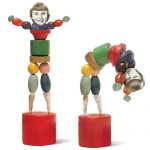
The math barrier
Parental and educational practices aimed at enhancing girls’ self-concepts for math might be beneficial as early as elementary school, when youngsters are beginning to develop ideas about who does math.
No radiation threat
In the aftermath of the earthquake damage at Japan’s Fukushima Nuclear Plant, UW physicists decided to find out if the leaked radiation had traveled 5,000 miles across the Pacific Ocean to Seattle’s UW campus.
March 1, 2011
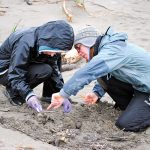
Sink to Sound
Researchers are using a new method for collecting old-fashioned data: They are employing real people—citizen scientists—to study changes in the environment.
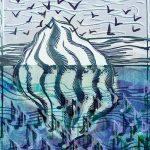
Iceberg's tune
We love the enchanting songs of whales, the clicks and squeals from porpoises. And now, a University of Washington oceanographer has brought us more melodies from the deep.
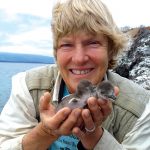
Penguin pad
Dee Boersma and her team spent the last three weeks of September in the Galápagos Islands, building 120 nests for the endangered Galápagos penguins.
